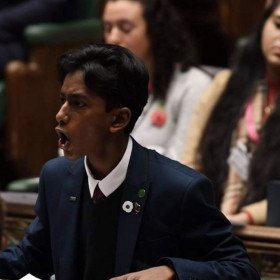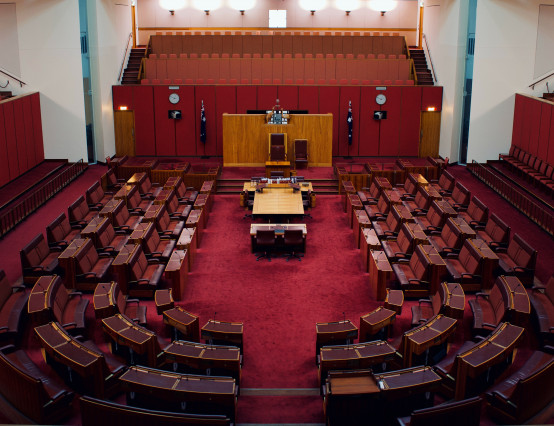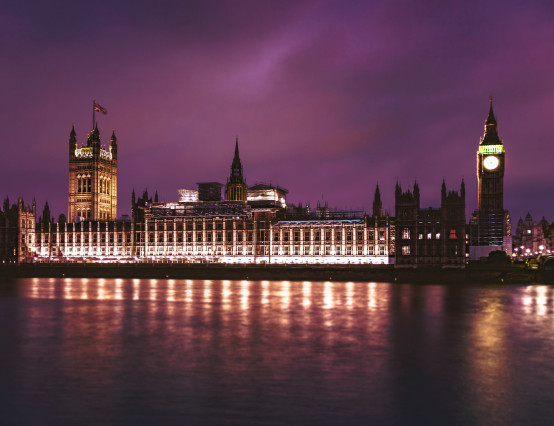Great Britain is not a democracy, but it could be.
We like to stand on that principle a lot, to argue that we have the ‘greatest democracy in the world’ – but it’s fundamentally untrue.
As long as we keep the first-past-the-post (FPTP) voting system – where a party can win a majority in parliament with around 35% of the vote – we live in a country where minority rule is the norm, where consensus building is a pipe dream, and where voters have to plump for the ‘least bad’ option as opposed to the party/candidate that they really support.
Allow me to explain briefly. FPTP is a system where the country is divided up into sections called constituencies, everyone gets one vote, and the candidate with the most votes in each constituency becomes the MP. Sounds great, right?
No; very very wrong. The problem with this system is that you can win a constituency seat with just 25-35% of the vote. Rather than needing to meet a majority threshold (i.e. over 50% of all votes) you simply need to receive more votes than the second-place candidate. This usually means that the majority of people in an area DIDN’T vote for their MP.
Furthermore, this means that most people’s votes are wasted. There is very little hope in most places of parties like the Greens, UKIP or the Lib Dems winning the seat. As stated above, the winning candidate needs to simply have more votes than anyone else, and that naturally favours Labour and Conservatives, as the largest parties. Most people will vote for one of these two with the view that one is ‘less bad’ than the other, and a vote for any other party would see their least-preferred candidate win, which naturally disadvantages smaller parties.
Perhaps worst of all, FPTP also fails to take into consideration broad support for parties across the country, instead rewarding concentrated support in specific constituencies, which again skews the results in favour of larger parties.
For example, in 2015, the SNP (whose votes are all concentrated in Scotland) won around 5% of the overall vote and got 56 seats in the house; whereas UKIP won 13% of the vote but only got 1 seat.
The system is broken.
If you live in the wrong place, your vote is sometimes meaningless and almost always worth less than the vote of someone in a swing seat (seats which swing between parties in each election, as opposed to ‘safe seats’ which almost always go to the same party). The principle of one person, one vote doesn’t really exist.
So what’s the alternative? In Germany, New Zealand, Wales and Scotland (in their devolved parliament elections) as well as other countries, variations on a system known as Alternate Member System (AMS) is used. It’s also sometimes called Mixed Member Proportional (MMP).
In this system, everyone gets two votes. The first is for the local MP elected through FPTP, (although they will be for a larger area, so probably the equivalent to two to three constituencies under the current system). The second vote is for a specific party. Half the seats are allocated based on the first vote, and the other half based on the party vote.
This results in a house which maintains local representation – everyone still has a local MP – but also means that the makeup of seats is far more proportionate to the actual desires of voters. This presents the electorate with a fairer choice, as they can vote Labour (for example) on the constituency vote as they know they have the best chance of winning, and then are free to vote Greens on the party vote – allowing the smaller party to still receive seats in parliament.
A mock-up of the 2015 election results if it had been run with MMP/AMS is outlined below.
Obviously there’s a lot of caveats with an analysis like this, and it’s impossible to predict voter behaviour under a new system, but what is clear is that you will get a more proportionate House of Commons, where seats more closely align with votes, and smaller parties get far more representation.
That means more choice for you as a voter, more consensus building in the House of Commons, and the end of minority rule.
Maybe one day, we will live in a democracy.









Really interesting points here, a particularly refreshing post to see. Nice work!